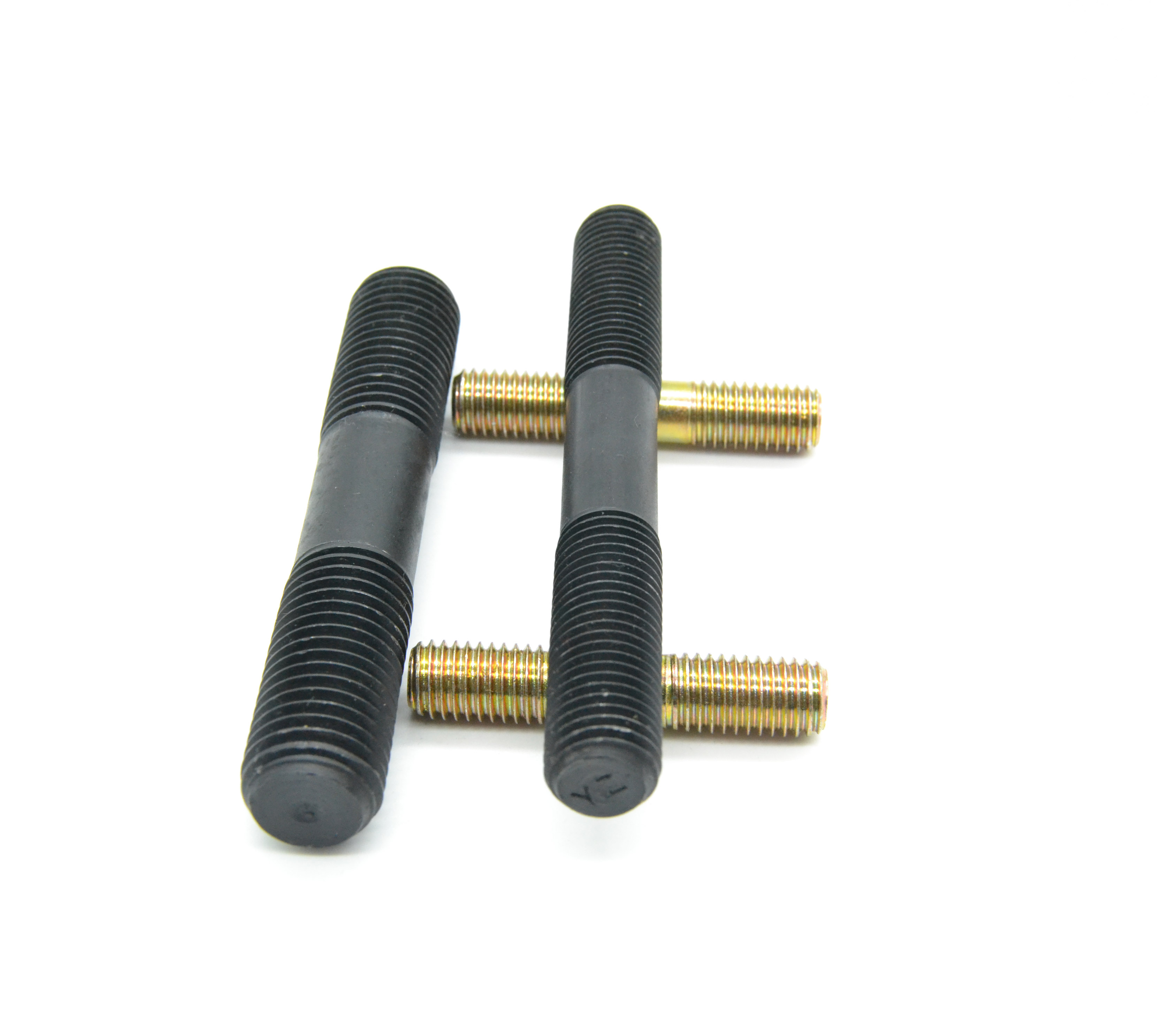Top Manufacturers and Suppliers of Wood Screws, Studs, and Bolts in the Industry Today
Jul . 26, 2024 09:42 Back to list
Top Manufacturers and Suppliers of Wood Screws, Studs, and Bolts in the Industry Today
The Essential Role of Wood Screw, Stud, and Bolt Companies in Modern Construction
In the intricate world of construction and manufacturing, the importance of fastening systems cannot be overstated. Wood screws, studs, and bolts form the backbone of structural integrity and durability in a myriad of applications, from residential buildings to large-scale industrial projects. Companies specializing in these fasteners play a critical role, providing the tools that hold our built environment together.
Wood Screws The Foundation of Woodwork
Wood screws are specially designed fasteners that are engineered to bind wood materials securely. Their spiral threads provide superior grip, allowing them to clamp two pieces of wood tightly together. Companies that produce wood screws have invested heavily in research and development to create products that are not only durable but also resistant to rust and corrosion. Innovations in materials, such as stainless steel and coated finishes, have further enhanced the longevity and performance of wood screws, making them suitable for various environments, including outdoor and humid locations.
The market for wood screws is expansive, catering to both professionals and DIY enthusiasts. Companies often provide a wide range of options, including different lengths, widths, and thread types, allowing manufacturers and consumers to select the perfect screw for their needs. Moreover, many companies are now focusing on sustainable practices, sourcing their materials responsibly and minimizing waste in the production process.
Studs Supporting Structural Integrity
Studs are long, cylindrical fasteners that provide support and strength in construction. Typically used in wall framing, they serve as vertical supports, anchoring the structure and providing a sturdy base for other materials. The production of studs requires precision engineering to ensure that they can withstand the weight and stress of construction loads.
Many companies that produce studs also focus on customization. Depending on the specific needs of a project, studs can be manufactured to varying lengths, diameters, and tensile strengths. This ability to customize is crucial, especially for large-scale building projects, where specific engineering requirements often dictate the type of fasteners needed.
wood screw stud bolt companies

Additionally, advancements in technology have led to the development of high-strength studs that offer enhanced performance without added weight, making them ideal for both residential and commercial settings. Companies are increasingly adopting automated production processes, ensuring a consistent and high-quality output while reducing production time and costs.
Bolts The Heavy-Duty Fasteners
Bolts are the heavy-duty fasteners in the toolbox, used in a vast array of applications from heavy machinery assembly to automotive manufacturing. Unlike screws, bolts are typically used with nuts to create a secure and stable connection between thicker materials. The manufacturing of bolts requires stringent quality control measures as they must meet high standards of strength and reliability.
A variety of bolt types exist, each designed for specific uses. Companies specializing in bolts often offer a broad range of products, including hex bolts, carriage bolts, and anchor bolts, along with corresponding nuts and washers. This variety ensures that builders and manufacturers can find the right fastening solution for every project.
The Future of Fastening Industries
As the construction industry evolves, so too do the companies that provide wood screws, studs, and bolts. The focus on sustainability, innovation, and advanced manufacturing techniques is shaping the future of fastening systems. Many companies are now prioritizing eco-friendly materials and production methods, responding to the growing demand for sustainable building practices.
In conclusion, wood screw, stud, and bolt companies are indispensable players in the construction and manufacturing sectors. Their products directly contribute to the safety, durability, and functionality of structures we rely on daily. As technology advances and environmental concerns become more prominent, these companies will continue to innovate, ensuring that they meet the demands of a changing world.
Latest news
-
High-Quality Panel Stud Bolt Reliable Panel Stud Bolt Factory & Suppliers
NewsJul.08,2025
-
High-Precision Fine Thread Locknuts Manufacturer & Supplier Custom Solutions
NewsJul.08,2025
-
PH Imperial Stud Bolt – High Strength Fasteners from Leading Supplier & Factory
NewsJul.07,2025
-
High-Quality Allen Wrench Bolts Leading Factory, Company & Suppliers
NewsJul.07,2025
-
Wholesale Ball Stud Bolt - High Quality Supplier & Factory Price Reliable Wholesale Ball Stud Bolt Company
NewsJul.06,2025
-
High-Strength Alloy Bolts Manufacturer & Supplier Quality Alloy Fasteners Factory
NewsJul.06,2025
